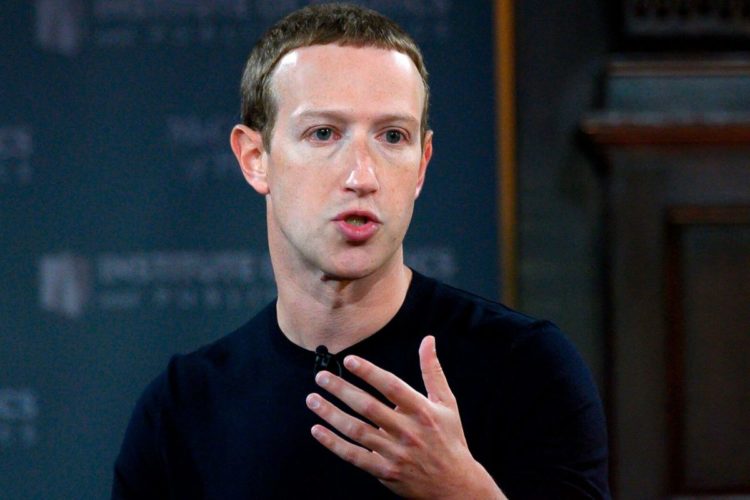Facebook plans to connect 23 African, European, and Middle East countries with 37000-kilometer undersea cables. It is in partnership with leading African and global operators to build 2Africa, the undersea cable that will connect the three regions.
The length of 2Africa is nearly equal to the circumference of the earth. It will provide nearly three times the total network capacity of all the subsea cables in Africa. The continent has only a quarter of its population of over 1.3 billion people connected to the internet.
See also: Cellulant Unveils Agrikore Risk Review, Focused at the Impact of COVID-19 On Africa’s Food Security
The undersea cables will provide faster internet connectivity, reduce redundancy, and bring more people online. It also has the capacity to support 4G and 5G broadband connectivity across the continent.
The first undersea cable will connect East Africa across a single open system. It is an innovative aluminum conductor for submarine cable systems and will implement Spatial Division Multiplexing (SDM1) technology.
It will pass through Democratic Republic of Congo, Congo, Ivory Coast, Djibouti, Egypt, Spain, France, Gabon, United Kingdom, Ghana, Madagascar, Kenya, Italy, Nigeria, Senegal, Mozambique, Oman, Portugal, Saudi Arabia, Sudan, Somalia, Tanzania, and South Africa.
Facebook is in partnership with the Internet Society to develop facilities and provide technical support in Africa. It also plans to link the Red Sea to the Mediterranean Sea. Facebook has made previous infrastructural investments in South Africa, Uganda, Nigeria, and the Democratic Republic of Congo.
More on TechGist Africa:
- Novastar Ventures Secures $108 Million Funding to Invest in Startups across East & West Africa
- Tanzania-based East Africa Fruits Secures $2 Million Series-A Round
- Helium Health Secures $10 million Series A Expansion Round
- Ghana Launches Ghcovid19 Symptom Tracker to aid Contain the Spread of COVID-19
- API fintech Startup, Okra Secures $1 million Pre-seed Investment














